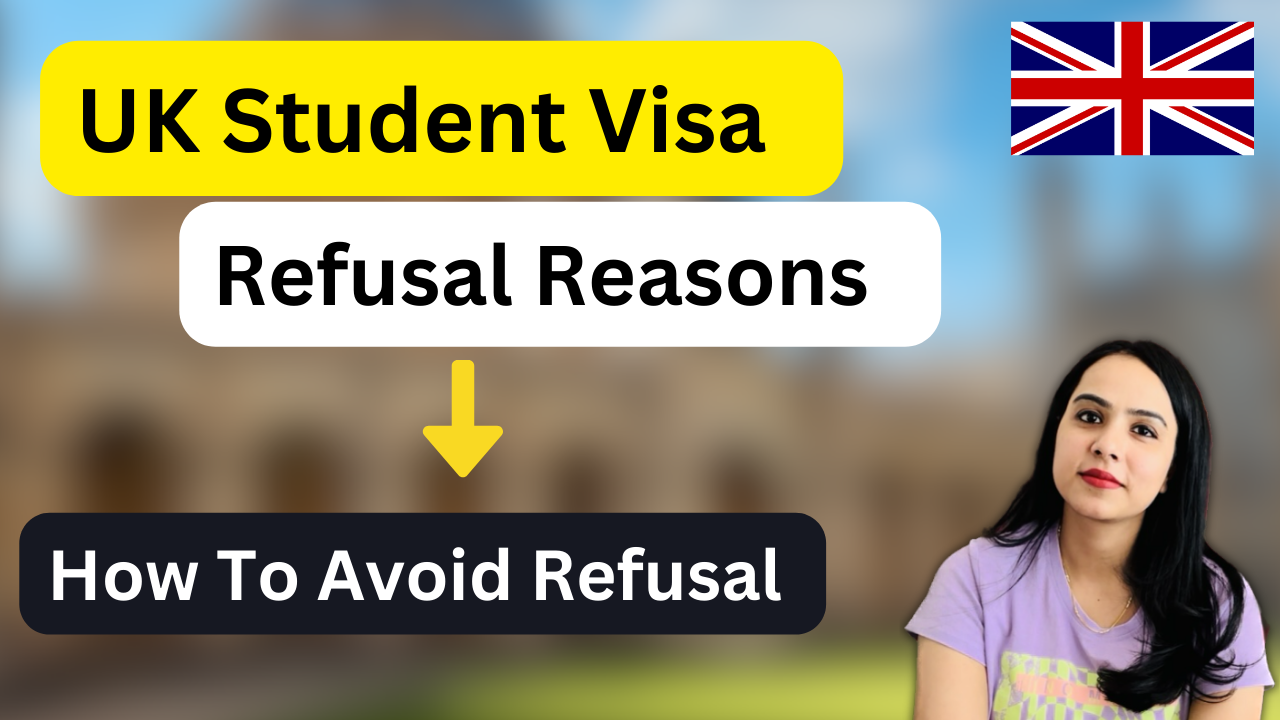
Navigating the complex process of applying for a UK student visa can be a daunting task. With stringent regulations and meticulous scrutiny by the UK Visas and Immigration (UKVI) authorities, applicants must understand the common pitfalls that lead to visa refusal. This article sheds light on the top five reasons for UK student visa rejection, providing insights to help prospective students strengthen their applications and avoid common mistakes.
- Incomplete or Inconsistent Documents
The cornerstone of a successful UK student visa application lies in providing a comprehensive and consistent set of documents. Visa officers require detailed documentation to verify your identity, academic qualifications, and financial stability. Common issues include missing pages of passports, incomplete application forms, and discrepancies in academic records. Ensuring that all documents are complete, up-to-date, and accurately reflect your personal and academic history is essential. Double-check your application against the UKVI checklist to avoid this pitfall.
- Poor Academic Record or Gap Year
A strong academic background is vital for securing a UK student visa. The UKVI authorities scrutinize your academic performance and the coherence of your educational journey. Significant gaps in education or a poor academic record without a plausible explanation can raise doubts about your commitment and ability to succeed in a UK educational institution. If there are genuine reasons for a gap year or a period of poor academic performance, it’s crucial to explain these clearly and provide supporting documents or evidence to justify your circumstances.
- Insufficient Funds
Proving that you have sufficient funds to cover your tuition fees and living expenses in the UK is a critical requirement. The UKVI needs assurance that you can support yourself financially throughout your studies without recourse to public funds. Applicants often underestimate the amount required or fail to provide evidence of stable financial resources. It’s important to meticulously prepare your financial documents, showing that you meet or exceed the financial requirements specified by the UKVI for your study period.
- Unsuccessful Credibility Interview
The credibility interview is a crucial stage in the visa application process, designed to assess your intentions, study plans, and financial situation. Failing to convincingly answer the interviewer’s questions can lead to doubts about your genuine intention to study. Common issues include inability to explain gaps in education, unclear study and career plans, and inconsistencies in your application. Preparing thoroughly for the interview by understanding your course, future career plans, and how studying in the UK fits into your long-term goals can help avoid this issue.
- Bad Travel History
While not always a deal-breaker, a problematic travel history can influence the decision on your UK student visa application. This includes previous visa refusals, overstaying a visa, or deportation from the UK or another country. A negative travel history can raise concerns about your compliance with visa regulations. If you have a complex travel history, it’s advisable to provide a clear explanation and any relevant documents to support your case, demonstrating that past issues will not recur.



